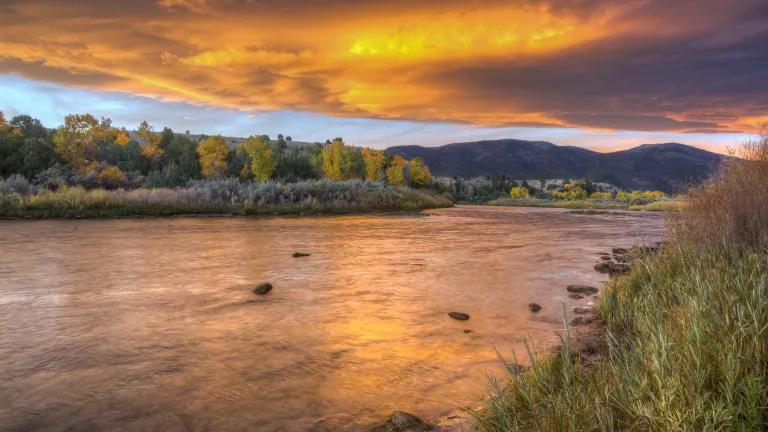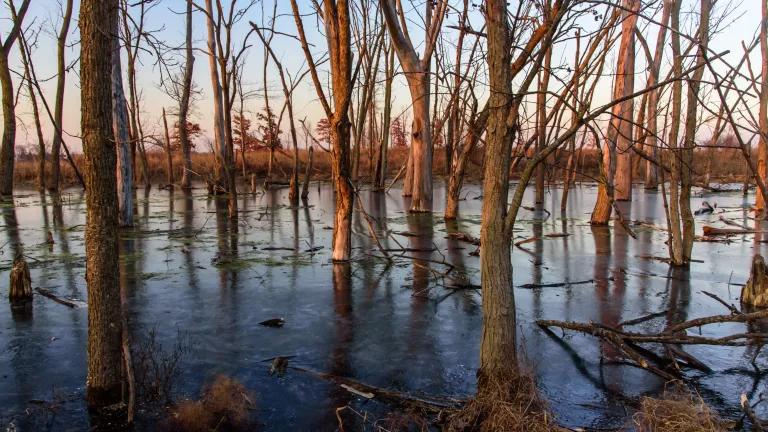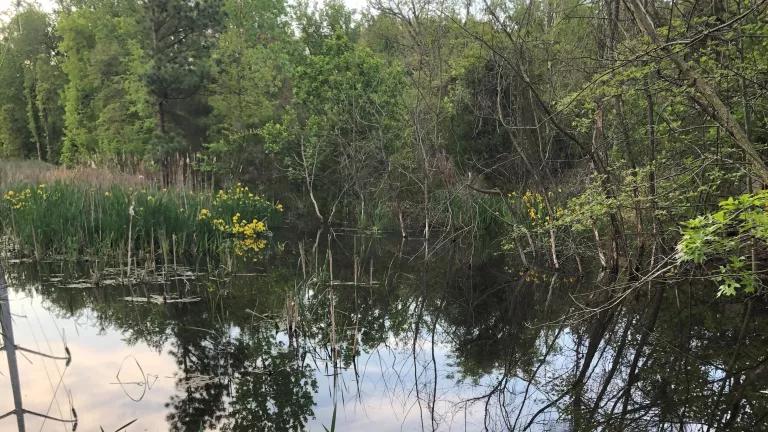The House Interior Appropriations Committee, led by Rep. Calvert, have included a rider in the Fiscal year 2019 Interior Appropriations bill (Section 437) that would exempt the California WaterFix project from judicial review under state or federal law. This legislative rider would preempt state law as well as precluding judicial review under federal law (so much for State’s rights, eh?).
This rider wouldn’t just affect a few cases brought by environmental groups. More than 25 lawsuits have been filed challenging the permits, bond funding, and environmental review of the California WaterFix project, including challenges filed by:
- Local Governments (including San Joaquin County, Contra Costa County, the City of Stockton, City of Folsom, and Sacramento County);
- Water Districts (including Glenn-Colusa Water District, East Bay Municipal Water District, Reclamation District 108, Placer County Water Agency, South Delta Water Agency, and Kern County Water Agency);
- Recreational and Commercial Fishing Organizations (including the Pacific Coast Federation of Fishermen’s Associations, Golden Gate Salmon Association, and California Sportfishing Protection Alliance);
- A Native American Tribe (the Winnemem Wintu people);
- Numerous Conservation Groups (including NRDC, Defenders of Wildlife, The Bay Institute, Friends of the River, Restore the Delta, and Sierra Club California).
All of these entities have filed litigation challenging this anti-environmental project because they fear that the tunnels will injure their citizens, their jobs, or their quality of life. Even though the Bay-Delta is in a state of ecological crisis, WaterFix is worse than the status quo environmentally; the tunnels are predicted to reduce salmon survival through the Delta, worsen water quality for farmers and communities in the Delta, and potentially harm upstream water rights holders. The WaterFix project will cost ratepayers tens of billions of dollars from increased property taxes and higher water rates, and some water districts oppose the State requiring them to pay for the tunnels without their agreement. Judicial review of these decisions is an essential component of our democratic system of governance, part of the American system of checks and balances that ensures that state and federal agencies follow the law.
But if enacted into law, this rider could prevent all of these parties from seeking to enforce their rights under state and federal law, including state law claims under the California Environmental Quality Act (18 cases filed), the California Endangered Species Act (3 cases filed), and the validation of $11 billion in revenue bonds to pay for the tunnels (1 case filed by the California Department of Water Resources, with more than 30 parties contesting the State’s authority to issue the bonds), as well as litigation under the federal Endangered Species Act (2 cases filed) or NEPA (no cases yet filed because the Bureau has not yet issued a Record of Decision). It’s not entirely clear whether this rider would apply to all of these cases, or if it could do so in a constitutional manner, but the clear intent appears to be to eliminate any judicial review of this project.
It’s also not clear yet who authored this provision, or who (if anyone) will publicly support it. That said, Rep. Calvert was quoted in April 2018 about how Congress could provide some help as the WaterFix project “may need assistance as part of the regulatory process." Rep. Calvert has been an outspoken opponent of environmental protections for salmon and other endangered species in California’s Bay-Delta estuary (for example, see here, here and here). It will also be very interesting to learn if the Metropolitan Water District of Southern California, the primary proponent of the tunnels, have been lobbying Rep. Calvert and other House members for this legislative end run. Thus far, no one has claimed credit for this shameful rider.
But what does seem clear is that at least some proponents of the tunnels are rightfully afraid that they will lose in court, so they’re trying to take away the public’s right to challenge those decisions in a neutral, independent, court of law. Since they seem to know they can’t win if they play by the rules, they are seeking to change the rules so that they can’t lose.
I hope and expect that the State of California, and at least some proponents of the tunnels, will stand up and publicly oppose this egregious, undemocratic rider. In the coming weeks, we will see who will stand up for the rule of law, and who supports taking away the public’s rights.



